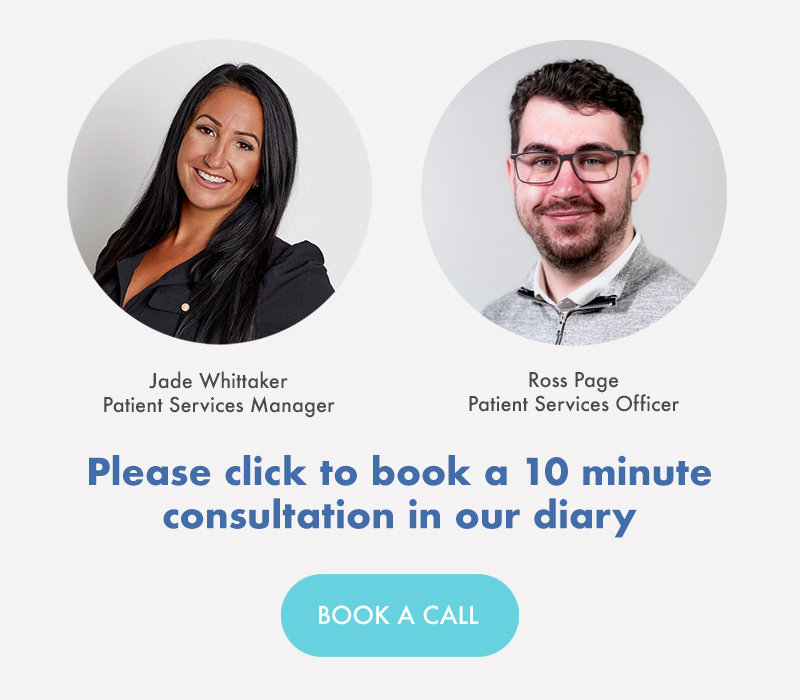Advice centre / Understanding haemorrhoids / Leading symptoms
Fresh blood on your toilet paper
You’ll probably think the worst if you discover blood in your stool or on your toilet paper. Whilst this, of course, could be a sign of something more serious, it is more than likely that you have developed a haemorrhoid. This is especially likely if the rectal bleeding is a one-off episode and not ongoing.
Above all other symptoms of having haemorrhoids, bleeding piles is probably the most common first sign, as well as the one that is most likely to prompt people to seek help – after all, it is a worrying sight.
Why do piles bleed?
If you find that you do have bleeding hemorrhoids, the most common reason is squeezing too hard when opening your bowels. This may be alleviated by simply adjusting your diet to include more fruit and fibre and to drink more liquids.
In other instances, your hemorrhoid could be inflamed and filled with blood causing it to tear slightly. This is probably at the more scary end of the scale as it can result in what looks like a pool of fresh blood in the toilet basin.
Even using an abrasive toilet paper and being a little vigorous with your bottom wiping technique can cause your piles to bleed. In this instance, a softer toilet tissue should help.
How to stop haemorrhoids bleeding
If you are looking to manage your piles, there are a number of options.
A high fibre diet, including plenty of fresh fruit and vegetables and whole grain foods will all help to keep your movements regular and avoid your having to be too forceful when going to the toilet. Drinking 1-2 litres of non-caffeinated drinks each day is also recommended.
There are topical treatments such as creams and ointments that give temporary relief.
Keeping the area clean and dry will help relieve some of the other symptoms, such as itching, which of course means that you’re less likely to want to scratch the area.
Can I diagnose myself and avoid the embarrassment of seeing someone about it?
It’s impossible to confidently diagnose piles yourself. In fact, many doctors find it difficult. In one study in 2010, 198 doctors were asked to diagnose piles and the non-specialist doctors got the diagnosis wrong in more than half the cases they were asked to examine!
Treatment for bleeding piles – what should I do?
It is something that you can’t ignore as it could be a number of other things. Whilst you may feel embarrassed, you can be rest assured that your GP will have diagnosed haemorrhoids many times before and will be sympathetic to your feelings.
If you’re very concerned and would like to see an expert as soon as possible, then our advisors can arrange an appointment with one of our eXroid doctors, usually within two weeks.
To speak with an eXroid consultant, please call us on 0800 999 3777 or click here for all other queries.
Is there a permanent cure for haemorrhoids?
No treatment can claim to cure you of ever getting haemorrhoids again, but there are a number of surgical and non-surgical treatments that can clear you of the haemorrhoids you may now have.
eXroid electrotherapy is one such non-surgical haemorrhoid treatment. It’s safe, effective and one of the least invasive treatments available. Please click here for details.









